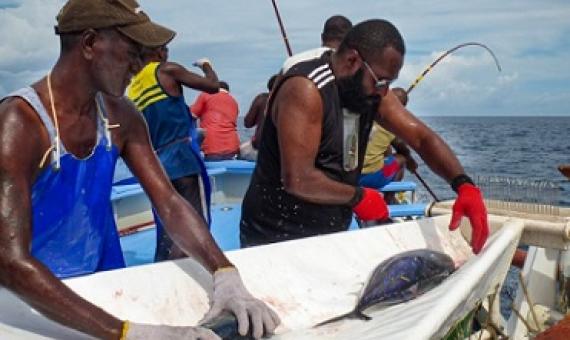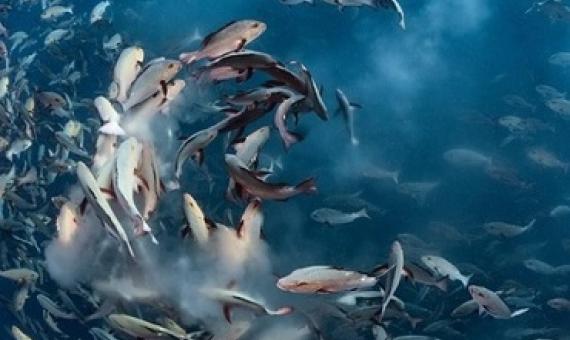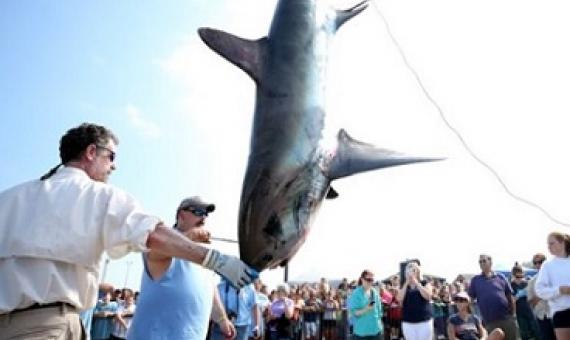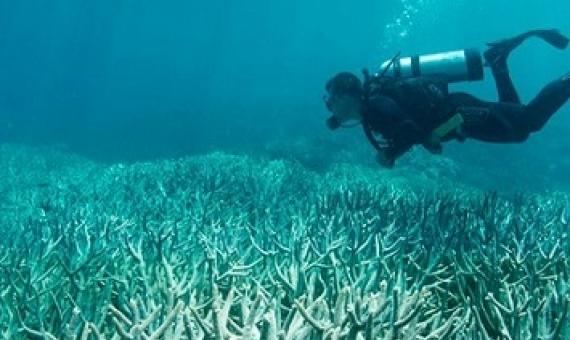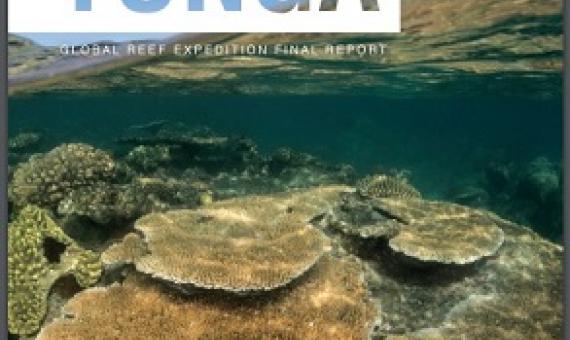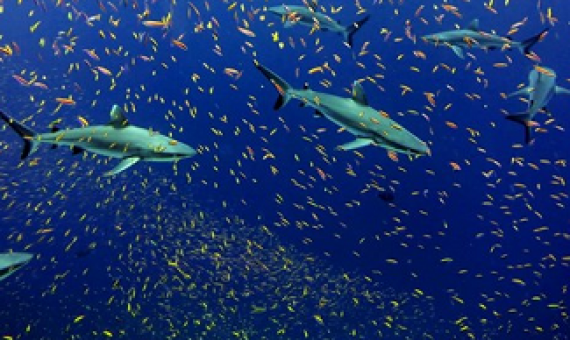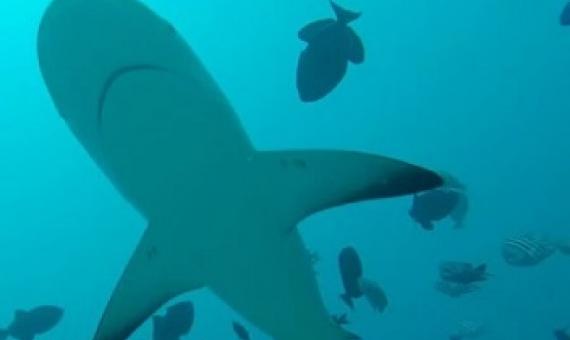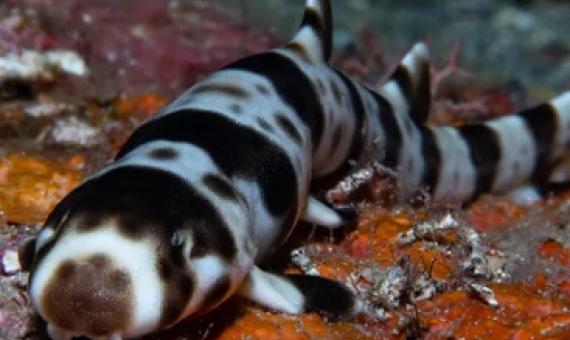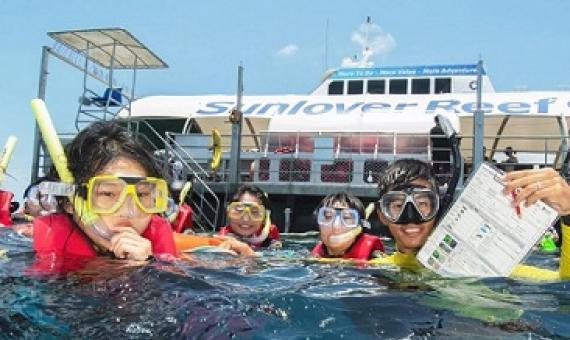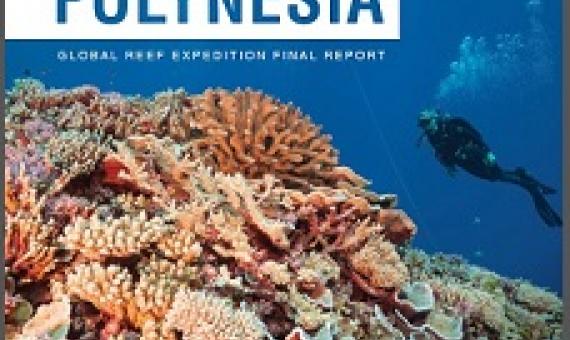More than 16,600 tuna were tagged in a recent scientific tagging expedition in ocean generally north of Papua New Guinea. The voyage targeted skipjack tuna, which makes up 70% of the volume of tuna caught in the Western and Central Pacific Ocean (WCPO).
Scientists have developed the first-ever global map that shows the genetic diversity of freshwater and marine fish around the world...The researchers scoured through an open database of over 50,000 DNA sequences, representing 3,815 species of
The United Nations agency that documents fishing statistics almost exclusively monitors commercial fisheries.
Aerial surveys by the Australian Research Council Centre of Excellence for Coral Reef Studies in Townsville, Australia, revealed that two-thirds of the Great Barrier Reef had severely paled in 2016 and 2017, “bleaching” under the extreme stress of marine heat waves that can kill corals.
The Khaled bin Sultan Living Oceans Foundation embarked on the Global Reef Expedition—the largest coral reef survey and mapping expedition in history—to study the coral reef crisis on a global scale.
A joint research project by the University of Queensland, James Cook University and University of Tasmania found that existing marine reserves need to be much larger to be effective against the overfishing of sharks species.
New Australian research highlights the delicate nature of the relationship between humans and sharks.
A type of shark that has long captivated scientists and divers for its preferred mode of underwater travel — walking — just got even more interesting.
The first Great Barrier Reef night and day citizen science program aligned with the Australian school curriculum has been launched by Sunlover Reef Cruises...Sunlover’s Marine Biologist for a Day program has experienced phenomenal growth over the past two years attracting school groups from aroun
The Khaled bin Sultan Living Oceans Foundation has released their findings from the largest coral reef survey and mapping expedition ever conducted in French Polynesia.

